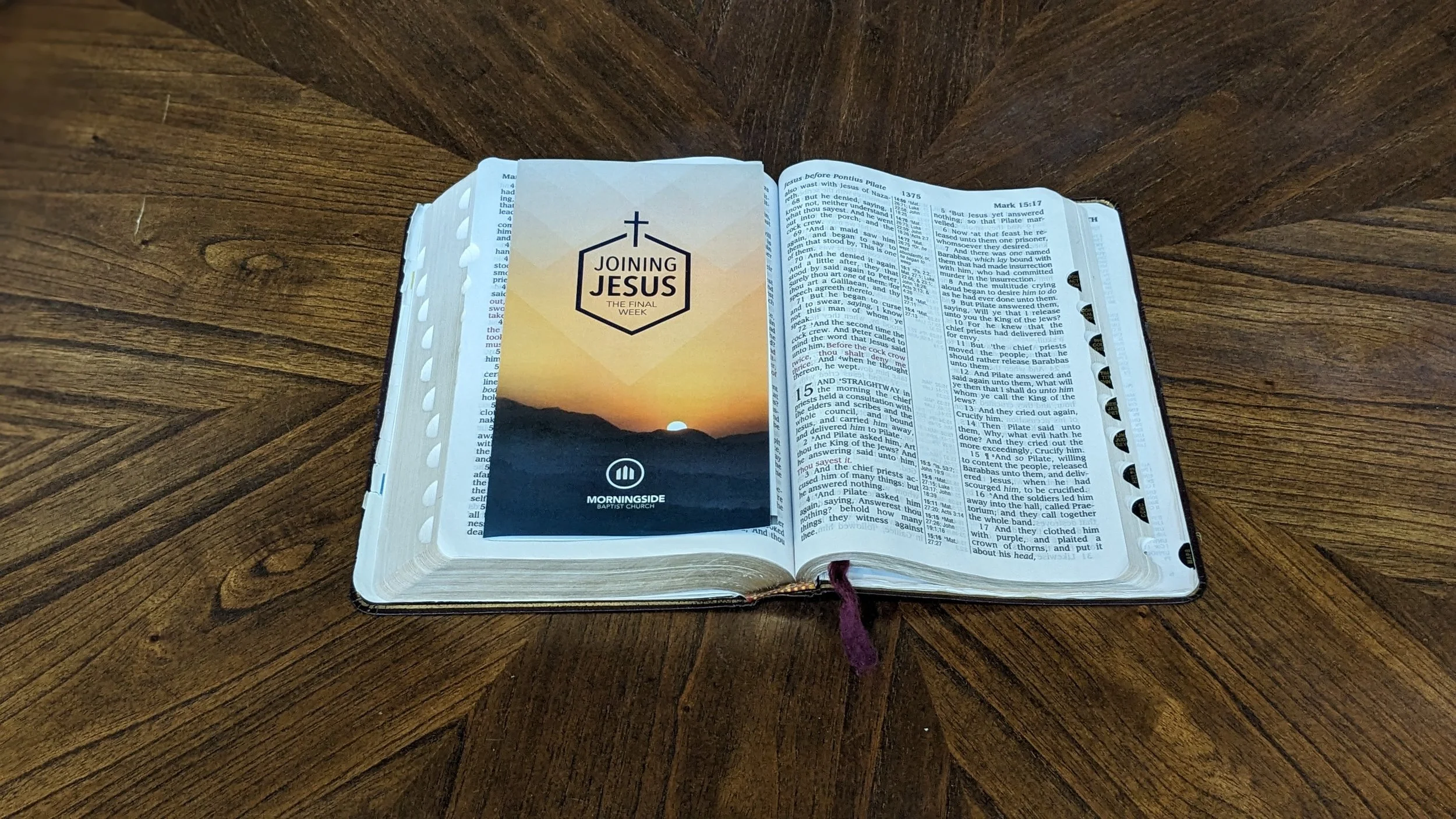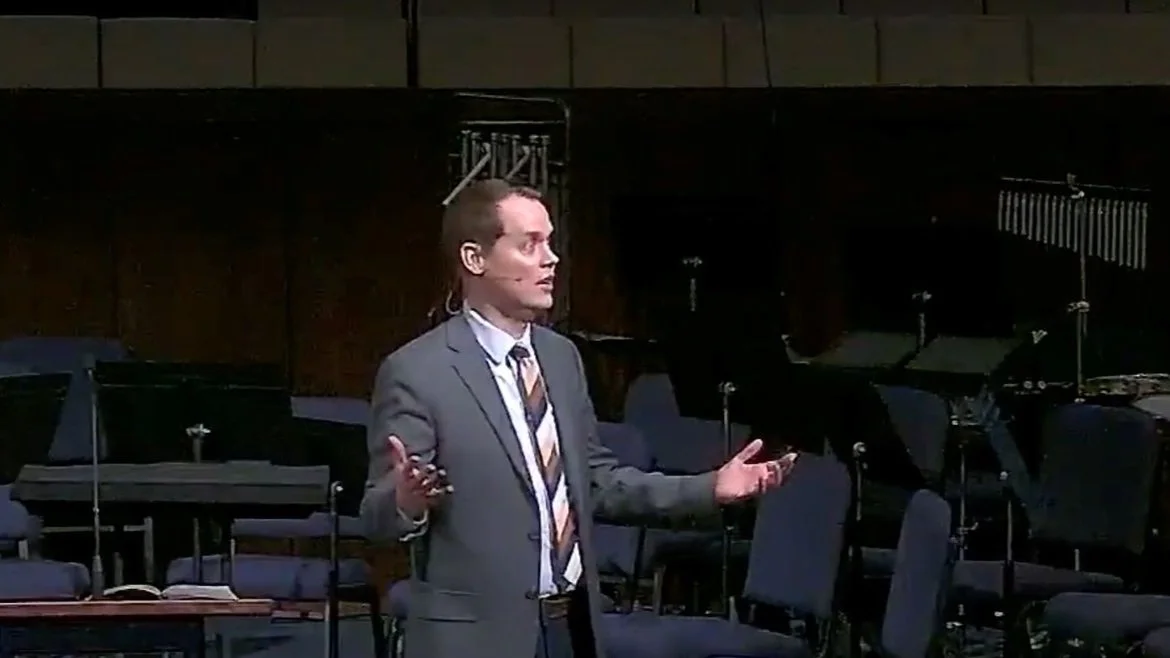To Be Content (Philip. 4:11-12)
1. Do you trust in God’s sufficiency, regardless of your circumstances?
o Reflect on how much you rely on God to provide for your needs and whether this trust helps you maintain contentment in various situations.
2. How do you typically respond to loss or change in your life?
o Think about a recent time when you faced a significant change or loss. Were you able to find contentment in that situation?
3. How has technology influenced your sense of contentment or discontentment?
o Consider how often you find yourself dissatisfied with your current technology or lifestyle because of the influence of advertising and social media.
4. Do you find yourself coveting your neighbor’s house, spouse, or possessions?
o Reflect on whether you compare your life to others and if this comparison leads to feelings of discontent.
5. How have trials and difficult circumstances taught you contentment?
o Identify a difficult experience in your life that ultimately helped you learn to be more content.
6. Do you focus more on what you have or on what you’re missing?
o Examine whether your mindset tends to dwell on the blessings you have or on the things you lack.
7. How can you apply biblical logic to your circumstances to find contentment?
o Consider verses like Romans 8:18 and think about how you can use them to reason with yourself during challenging times.
8. How does gratitude play a role in your contentment?
o Reflect on how expressing gratitude for what you have affects your overall sense of contentment.
9. Are you content with the relationships God has given you?
o Think about your family, friends, and community. Are you grateful for them, or do you often wish they were different?
10. Are you satisfied with the material provisions God has given you?
o Assess your attitude towards your income, home, and possessions. Do you find contentment in what you have been given?




















